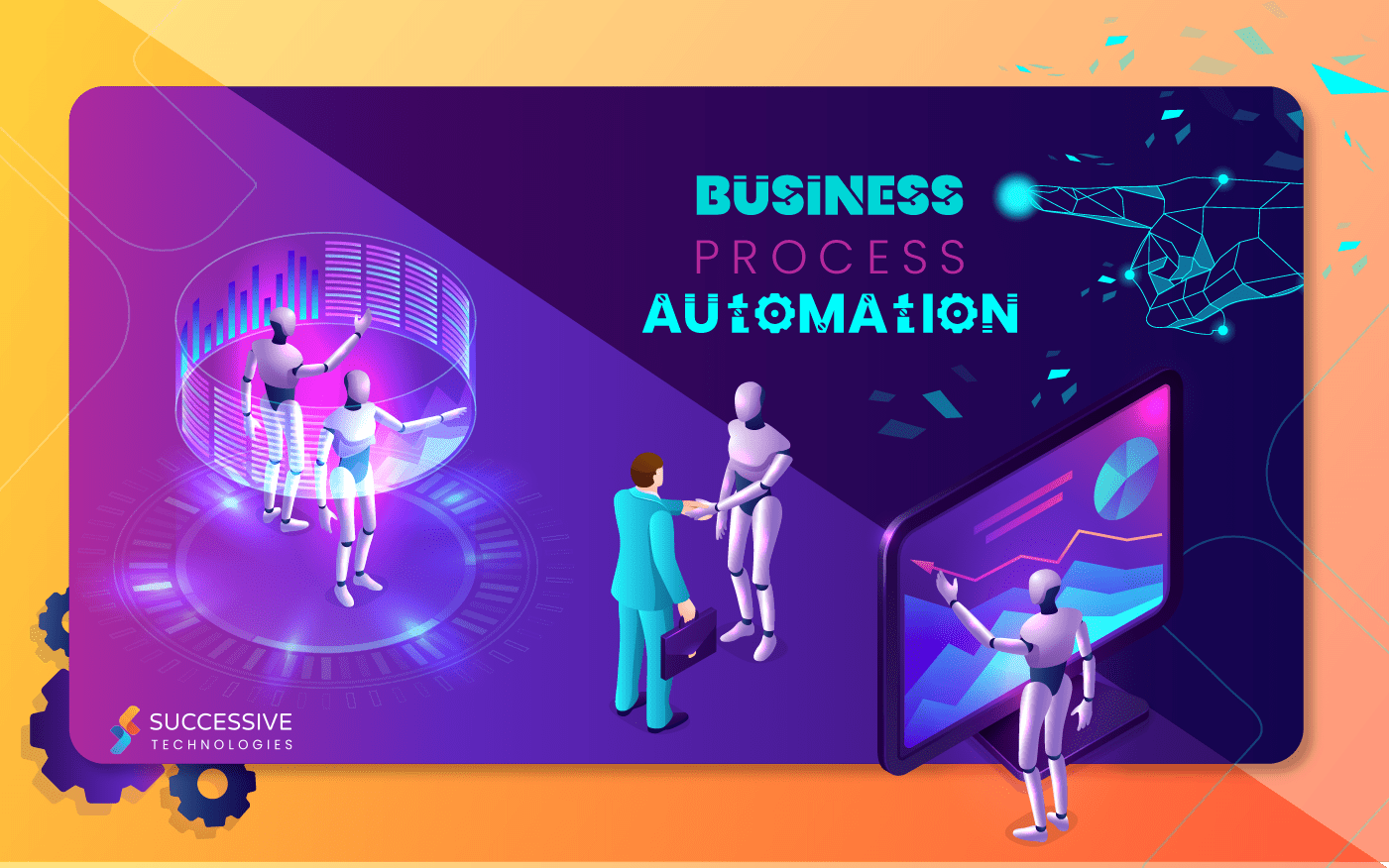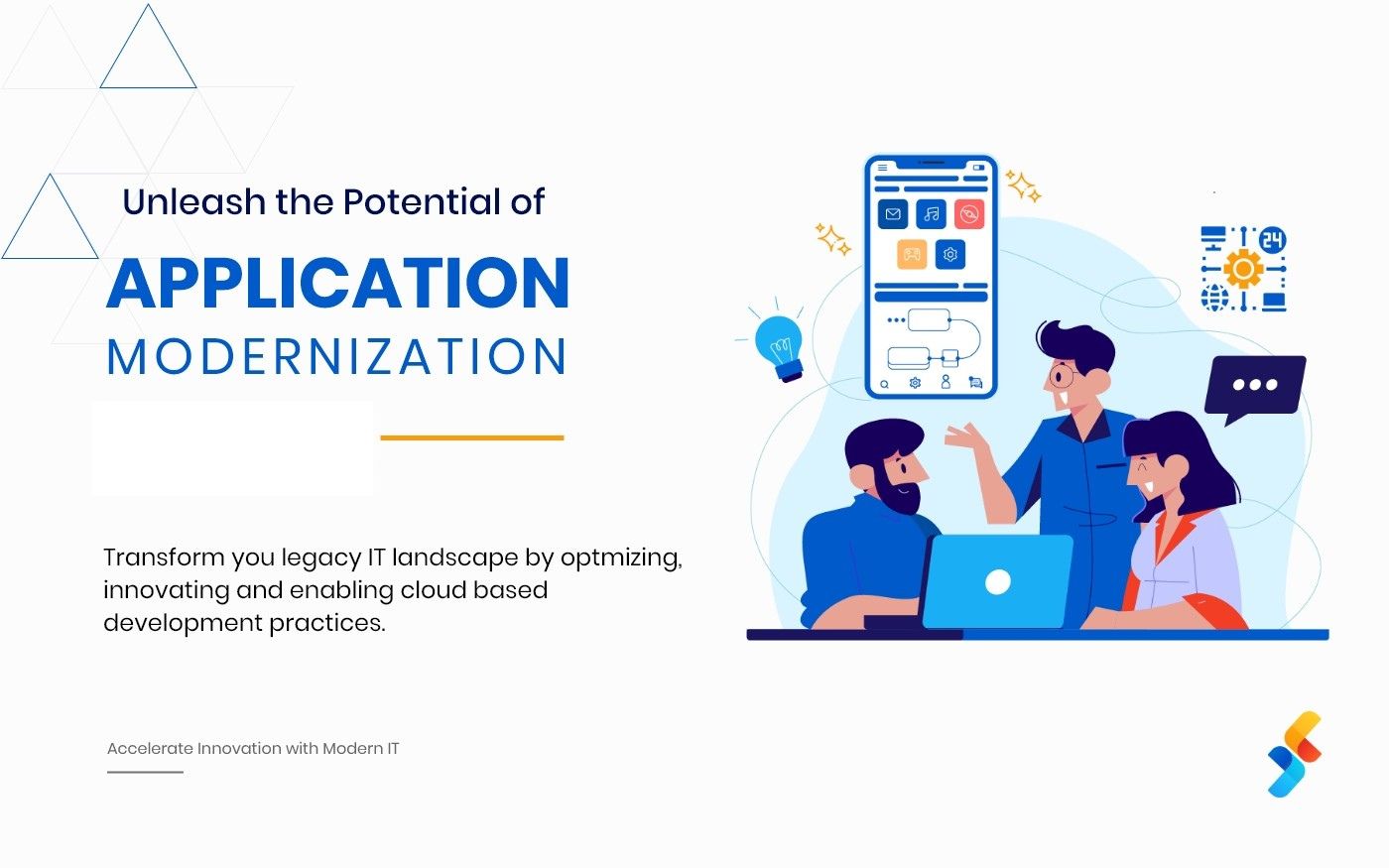It is a human tendency to want to be where others are. We set trends. We follow them. We revere them. There exists a sense of hope under a veneer of reality that makes us what to pursue an opportunity. Will it be the big break I need in life or will it devolve into a sharp vicissitude of fortune? Should I delve into this right now or give it more time and see how things pan out?
But for those of you who are willing to take the leap, now would be a great time to explore the sought-after Blockchain Technology for it has immense untapped potential and a vast array of applications that put the word ‘multifaceted’ to shame.
The Dot-Com Bubble, the US Housing Bubble, The Dutch Tulip Bubble — we all know how they surfaced and made their way into the economy, lifestyle, and everything else. But unlike these transient fetishes, it seems like blockchain programming is here to stay. So, how exactly do you become a blockchain engineer? Can it really morph into a successful career?
You could look up an expert on LinkedIn and bombard him or her with a deluge of questions like these. You could buy the first edition of ‘Blockchain For Dummies’ by Tiana Laurence. You could also try your hand at different discussion forums OR you could just read ahead.
1. Understand the basic principles
- Have a checklist of all the different concepts related to blockchain such as mining, decentralized applications, public ledger, cryptocurrency, consensus blocks, etc. — This will help you translate geekspeak to English and truly understand what this technology is all about.
- Know the difference between the three types of blockchain networks — public, private, and consortium blockchain.
- Learn from authentic sources and accounts of those already in the field rather than relatively imprecise sources — For example, Ledger, the first peer-reviewed peer-reviewed academic journal that publishes articles on the subjects of cryptocurrency and blockchain technology, would be a great source.
2. Learn how the process works
- Play around with cryptocurrency to be able to understand the intricate technicalities of the system.
- Explore different platforms like Bittrex, Coinbase, LocalBitcoins, Kraken, etc. to weigh their pros and cons.
- See how exchanges, wallets work, and basically how the entire framework is structured.
- Check out relevant MOOCs on Coursera, Stanford platform, Udemy, EdX, etc.
3. The technical know-how
- Programming in C++, Python, and Java to acclimatize to the ecosystem of Bitcoin, Ethereum, etc.
- Web development to deal will the front-end aspect of blockchain development
- Proficiency in data structures like stacks, queues, linked lists, etc.
- Basic knowledge of cryptography
- Understanding of the concept of distributed ledger technology
4. Draw a distinction between important blockchain platforms like Ethereum, Blockstack, Hyperledger, MultiChain, etc.
- What are their different features?
- Which ones are open source and which ones are not?
- How stable is the community base?
- What advantages do they have over each other?
- How rapid is the deployment?
- What do they primarily cater to? — Smart contracts? B2B cooperation? Initial coin offerings?
5. Lay emphasis on Smart Contracts
- Read about how smart contracts act as a medium between the buyer and the seller.
- Know why it is said that these contracts can take the place of lawyers in real life.
- Understand why Ethereum is used as the platform to encode smart contracts.
- Know the different features of a smart contract — deterministic, terminable, isolated.
- Learn about Solidity, a contract-oriented programming language for writing smart contracts, and how it compares to JavaScript.
- Differentiate between different development platforms Solidity is available on like Remix, Microsoft Visual Studio, Consys Enterprise, etc.
6. Hustle, Hustle!
- Start working on blockchain development and get feedback from other developers to improve your skills.
- Work on different blockchain-related open source projects.
- Figure out how this technology can be applied to a wide array of fields such as banking, healthcare, etc.
7. Know how to make money as blockchain developer
- Which sector or what kind of firm (private sector, government, big tech, etc.) should you work in? What would suit your area of expertise and working methodology?
- Be well-versed with the nitty-gritties of currency speculation as it can be quite lucrative.
- Build your own startup or work on remunerative open source projects.
- You can also build a career as a decentralized blockchain application developer.
8. Know what’s going on!
- Network with as many professionals, firms, and blockchain experts.
- Keep tabs on what developments are happening in this field.
- Go through online discussion forums and pages that center around blockchain technology.
All you have to do now is follow these 8 simple steps to tread on the path to becoming a successful blockchain developer! Hope this helped you. For any further queries, reach out to us.












